At the beginning of November 1918, the soldiers returned from the front with their weapons. Many became involved in actions generically referred to as “revolution”. The actions consisted in attacks against the civil authorities still in function and in the looting both of the farms of great rural landowners and of urban shops. The Central Romanian National Council of Arad took a salutary measure. In the Appeal to the Romanian Nation, published on 8 November 1918, Romanian soldiers were deemed free from the oath of fidelity to the emperor and were urged to enlist in the National Guard.
The Romanian Military Council of Alba Iulia and its Surrounds was established on 4 November 1918, together with the Romanian National Council of Alba Iulia. The military council consisted of 12 officers. The president of the council was Captain Engineer Ioan Fechete Negruțiu. The commander was Captain Florian Medrea. The council had the mission of facilitating the organisation of communal National Guard units. Candidates for membership of the National Guard were promised military equipment, daily meals and pay. On 4 November, the Romanian National Guard of Alba Iulia was established. In the beginning, it enlisted 120 soldiers. As other soldiers kept arriving from the front, its number grew to a size that could harm its functioning. To solve this problem, the Romanian National Council took the bold decision to create a higher-level organisation: the Romanian Legion of Alba Iulia. Captain Medrea was appointed commander of the legion and the soldiers were installed in one barracks in the Fortress. The legion consisted of a number of military units: the First Battalion Alba Iulia, the Second Battalion Blaj, the Third Battalion Abrud and the Fourth Battalion Turda. For this new legion the number of soldiers was too small, so the legion’s commander issued an order for the enlistment of 1896-1900 personnel from the area of recruitment of the 50th Infantry Regiment of Alba Iulia.
The national sentiment was an incentive for officers and soldiers to enlist in the legion. Furthermore, the pay, meals and equipment represented elements of an attractive way of life in the precarious social and economic conditions of the time, conditions which offered almost no desirable alternatives. Nonetheless, the legion did not in fact enlist impressive numbers. Still, with 1,000 soldiers and 44 officers in mid-November, it outnumbered any of the regular National Guard units.
The creation of the legion and of National Guard units in almost all communes was also possible because the Military Council could use the equipment remaining in the depots of the Twelfth Austro-Hungarian Army Corp in Alba Iulia. A soldier was typically attracted more by the cloak, boots and blanket or tent sheet than by the rifle.
At the beginning of November 1918, the members of the Military Council of Alba Iulia did not yet know that a Great National Assembly of the Romanian nation was going to take place in their city, and that its security would be made their responsibility.
After the publication of a circular letter from the Central Romanian National Council on 15 November concerning the election of the delegates to the Great National Assembly, the command of the Romanian Legion of Alba Iulia designed plans for the defence of the fortress and the bordering areas, of the two railway stations and of the access routes into the city. With reinforcements arriving from Cluj, Sibiu, Orăștie and Blaj, the force reached 3,000 soldiers, who were organised into twelve companies. They had rifles, 14 machine guns and four cannon. The “Plan for the Guard of Alba Iulia City” organised the Romanian military forces into three defensive cordons.
There were also situations with the potential for conflict. For example, the National Guard of Sibiu, commanded by Lieutenant Vasile Barbu, disarmed nine Austro-Hungarian battalions. Alba Iulia was on the trajectory of the army under the command of Field Marshall Anton von Mackensen, which was withdrawing to the west. The commander of a German division demanded billeting in Alba Iulia for 30 November and 1 December. Had the Romanians assented to the request, the smooth running of the National Assembly would have been jeopardised. The Chief of the City Police, Ovidiu Gritta, overstating the Romanian military forces, made the Germans delay their passage until 3 December, when they circumvented Alba Iulia.
Although the Romanian Guards were ready to sacrifice their lives for the defence of the Great National Assembly, happily they were not faced with such jeopardy, as events unfolded peacefully. (V.M.)

